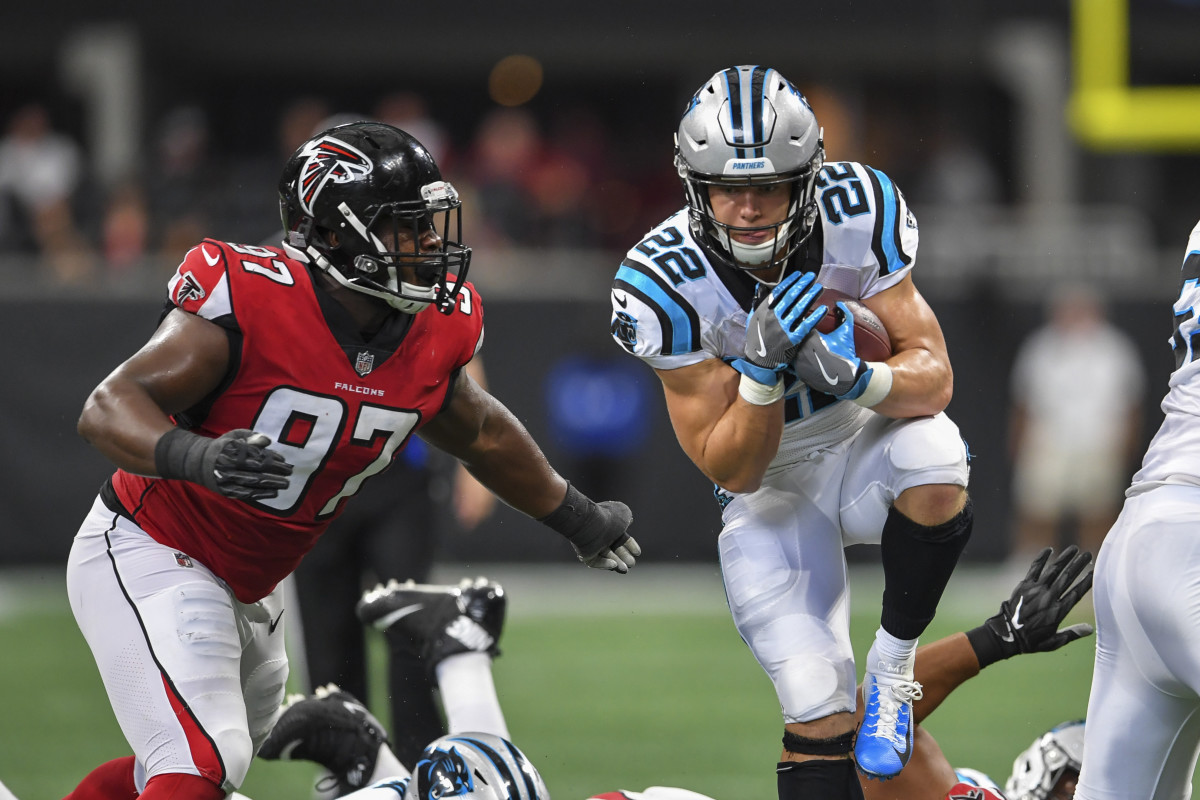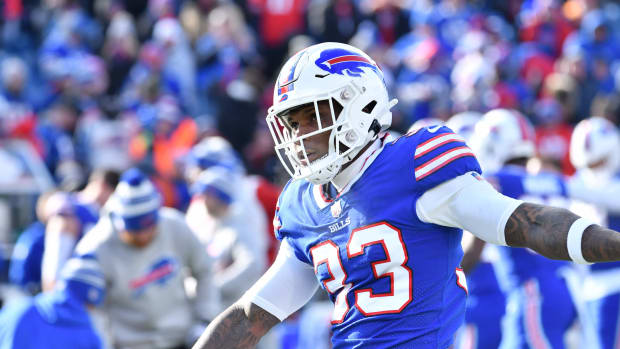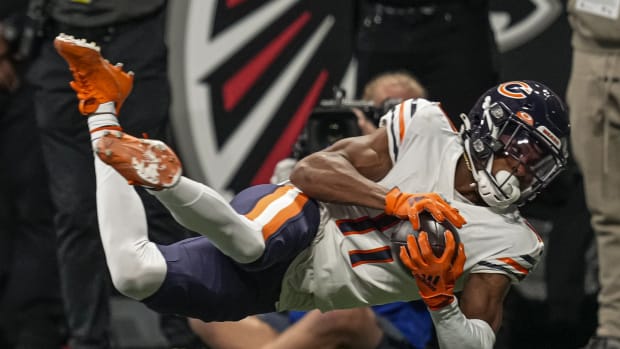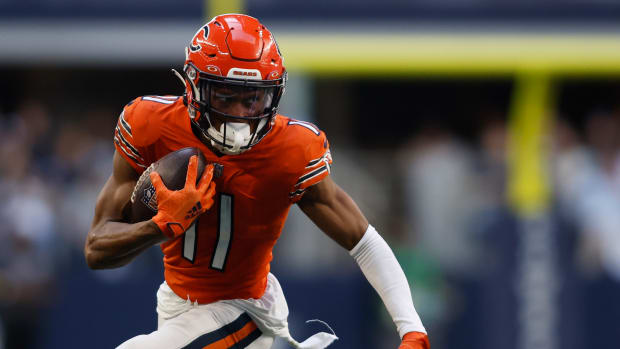How do the Atlanta Falcons match up against Christian McCaffrey and the Carolina Panthers?

To put it plainly, the Panthers are bad.
Coming into 2020, the NFC South has the potential to be the most difficult division in football featuring Tom Brady and the revamped Buccaneers, the always potent Saints and the Falcons. All three of these teams have legitimate chances of making the playoffs.
And then there’s Carolina, the lone rebuilding franchise in the division.
In their past two seasons, the Panthers have declined from seven wins in 2018 to five wins in 2019 after going 11-5 in 2017. Former head coach Ron Rivera was let go at the end of 2019. Cam Newton, the former league MVP and first overall pick, is gone, as are Luke Kuechly, Greg Olsen and Thomas Davis.
A once promising nucleus of players that rattled off three straight division championships and a Super Bowl appearance from 2013-2015 has dispersed, leaving the Panthers in transition with a new quarterback, new head coach and a host of new faces looking to get Carolina back on the map.
Former LSU offensive coordinator Joe Brady arrives in Charlotte as the Panthers’ new head coach with the opportunity to build around running back Chrsitian McCaffrey, the one reliable commodity in Carolina.
Outside of the former Stanford star, the roster is thin for the Panthers, leaving the run game as the team’s identity. The Carolina offense operates through McCaffrey, who in 2019 rushed for nearly 1,400 yards while tallying over 1,000 yards receiving. He was the third player in NFL history to do so.
Where the Panthers struggled a season ago was moving the ball through the air. After Newton was injured and replaced by Kyle Allen, the Carolina aerial attack took a turn for the worst as the wheels fell in Charlotte.
This season, the Panthers hope the new combination of Brady and Teddy Bridgewater will allow them to present a balanced attack on offense. Bridgewater, the former Saints and Vikings signal-caller, was one of the most highly-touted free agents this offseason after going 5-0 as a starter in 2019 due to a Drew Brees injury.
Now, he’ll look to bring the same success in a new system.
Defensively, there’s much more work to be done in Carolina. A season ago, the Panthers allowed 29.4 points per game. Only the Dolphins finished worse in that category.
After starting 5-3, the Panthers dropped eight straight games to finish 2019 thanks to their leaky defense. In Carolina’s final ten games, opposing teams put up over 33 points per contest.
In response, the Panthers went heavy on the defensive side of the football in the draft this offseason, picking up Auburn defensive lineman Derrick Brown and Penn State defensive end Yetur Gross-Matos.
Yet it will take more than a few rookies to slow down the offensive firepower of Julio Jones, Todd Gurley and Calvin Ridley. The Falcons match up well against the Panthers--a season ago Atlanta boasted the fifth best offense in the NFL and won both games they played against Carolina.
This type of unit is likely to have some fun against the second worst scoring defense in football. And they’ll need to in 2020 if they want to make it back to the postseason.
No team has a harder schedule than the Falcons. They play the Packers, Seahawks, Cowboys, Vikings and Chiefs, not to mention four games against the Saints and Buccaneers. With such a tough slate in front of them, Atlanta can’t afford to let the Panthers steal a game from them.
Division games are crucial in the NFL, especially in the NFC South. Luckily for the Falcons, the Panthers provide the perfect opportunity for Atlanta to start the division schedule on the right foot.





